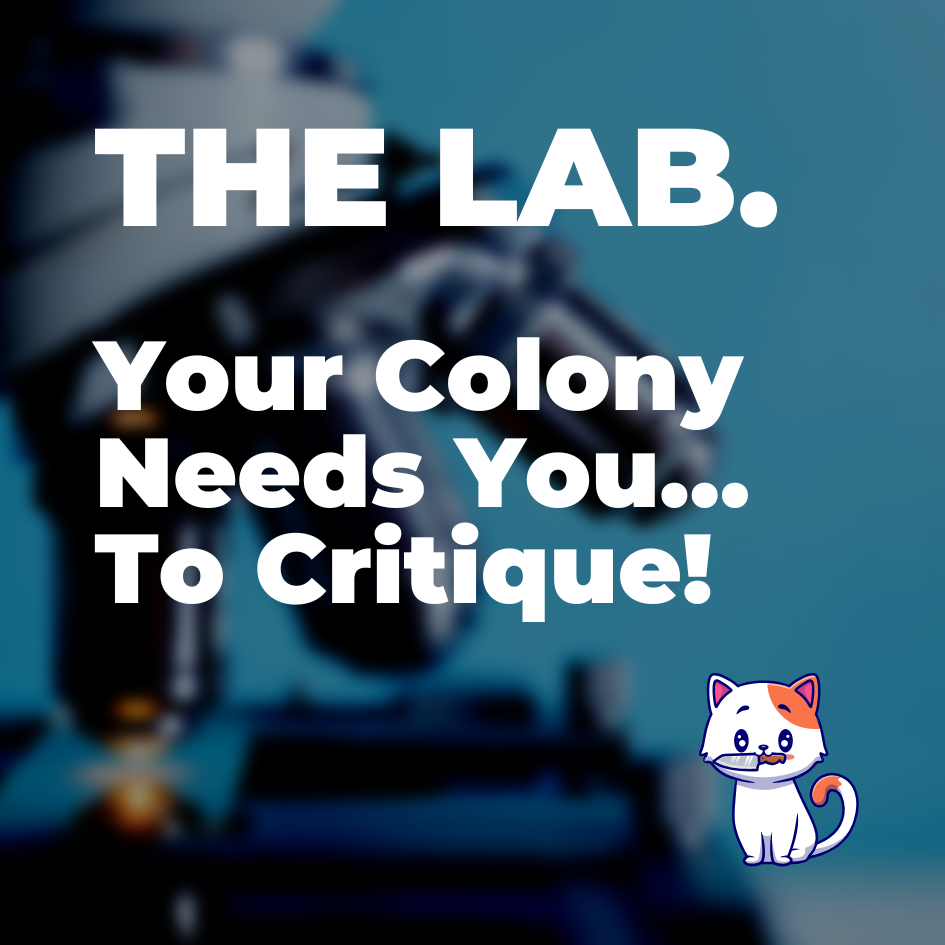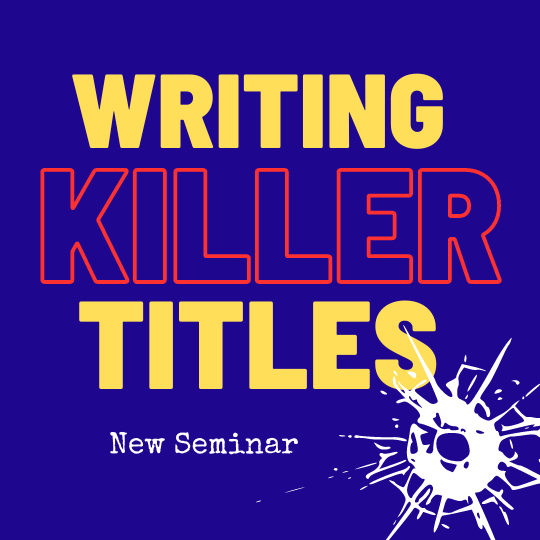Paul Whybrow
Full Member
I've gradually refined my working method, since returning to creative writing three years ago. With my first novel, I did some editing as I went along, but the bulk of it gripped me like a grizzly bear after I'd typed 'The End'. Five months of editing saw me interacting with my story as a recalcitrant object, rather than an interesting psychological thriller, as I hunted down punctuation errors, repetitions and clumsy phrasing.
These days, as I tackle my third novel, I edit assiduously as I go along. Some writing experts recommend using a word processor not connected to the internet, which I understand if you're easily distracted by emails and social media, but I prefer to research facts close to writing about them. I do tons of fact checking beforehand, two months worth for my WIP, but there are still times when details need refining.
In this way, I don't trouble myself with reaching a set word count each day. Nor do I worry about finishing a chapter. Instead, I've taken to leaving off writing when I reach an intriguing development that poses questions of the protagonists. This usually happens after many hours of writing, when I'm also feeling weary.

Several famous authors recommended a similar approach, including Ernest Hemingway, who stopped when he still had an idea about what might happen next, but didn't want to empty the well of his imagination. There's a difference between dropping anchor to moor safely, and foundering on a reef.
I've also adopted a trick suggested by Thomas Edison: Never go to sleep without a request to your subconscious. In this way, my brain sometimes offers solutions to a predicament while I sleep, that I wouldn't have thought of when awake.
When do you stop yourself writing?
These days, as I tackle my third novel, I edit assiduously as I go along. Some writing experts recommend using a word processor not connected to the internet, which I understand if you're easily distracted by emails and social media, but I prefer to research facts close to writing about them. I do tons of fact checking beforehand, two months worth for my WIP, but there are still times when details need refining.
In this way, I don't trouble myself with reaching a set word count each day. Nor do I worry about finishing a chapter. Instead, I've taken to leaving off writing when I reach an intriguing development that poses questions of the protagonists. This usually happens after many hours of writing, when I'm also feeling weary.
Several famous authors recommended a similar approach, including Ernest Hemingway, who stopped when he still had an idea about what might happen next, but didn't want to empty the well of his imagination. There's a difference between dropping anchor to moor safely, and foundering on a reef.
I've also adopted a trick suggested by Thomas Edison: Never go to sleep without a request to your subconscious. In this way, my brain sometimes offers solutions to a predicament while I sleep, that I wouldn't have thought of when awake.
When do you stop yourself writing?




